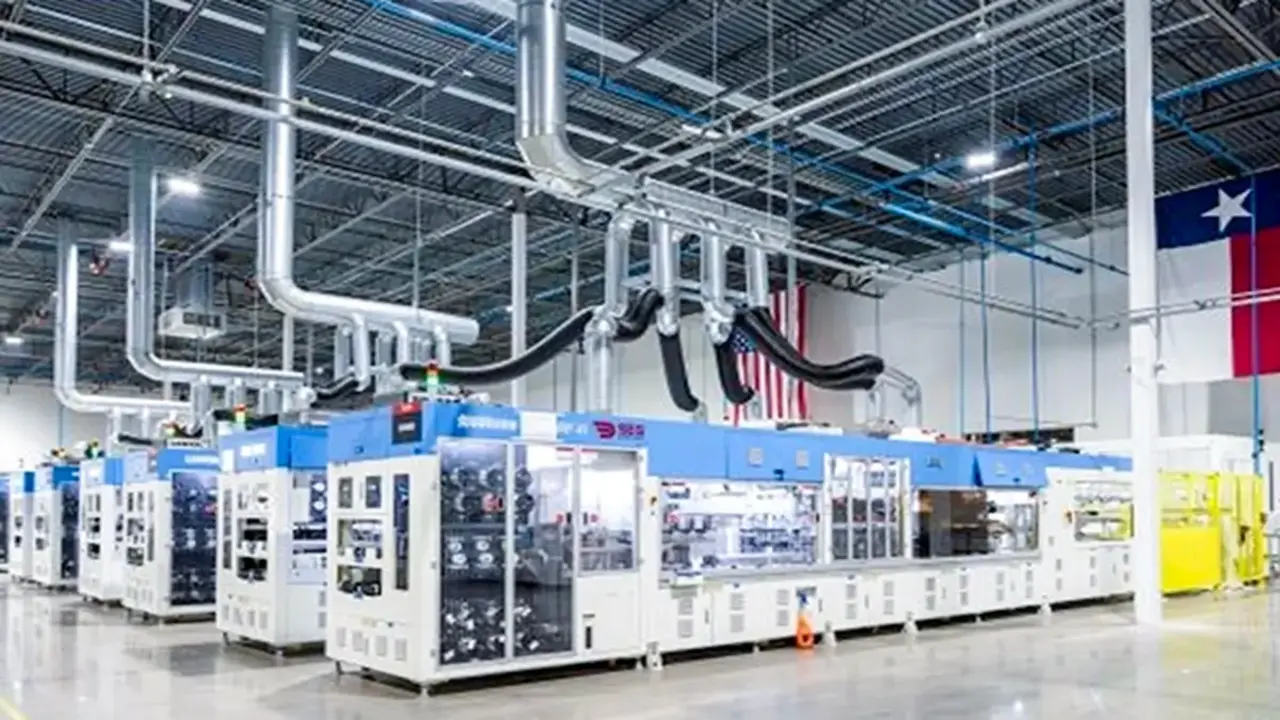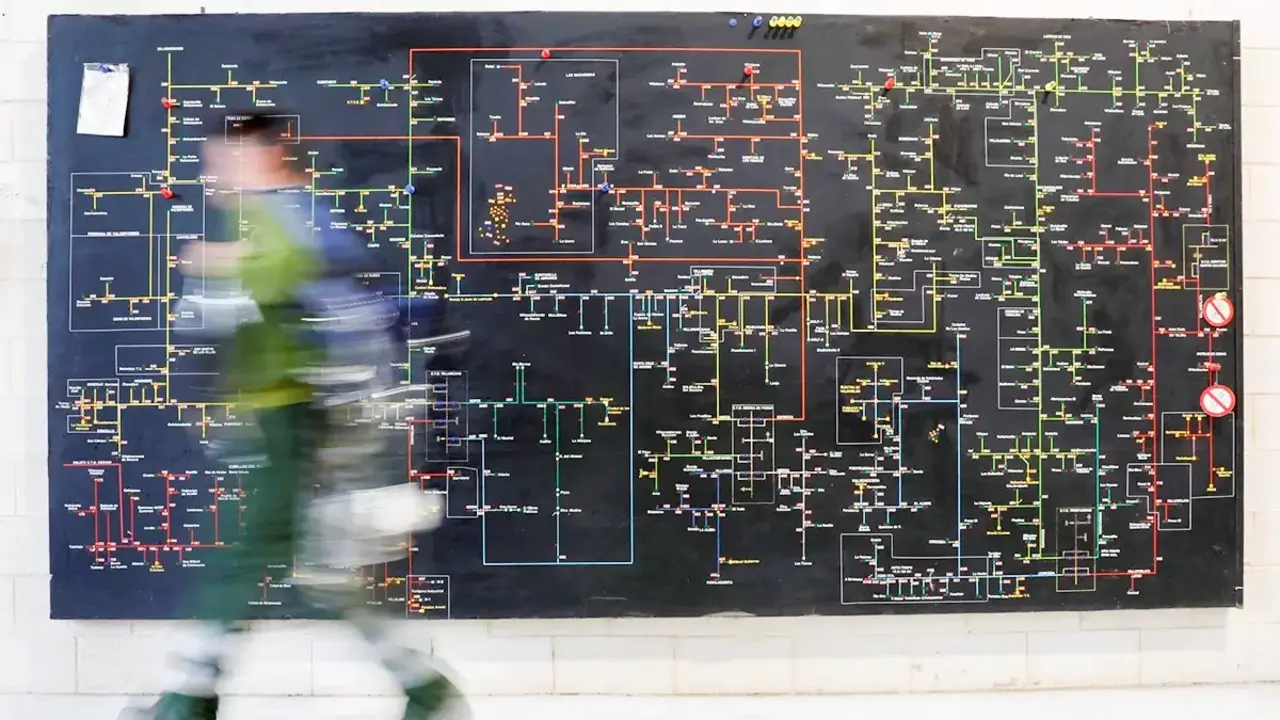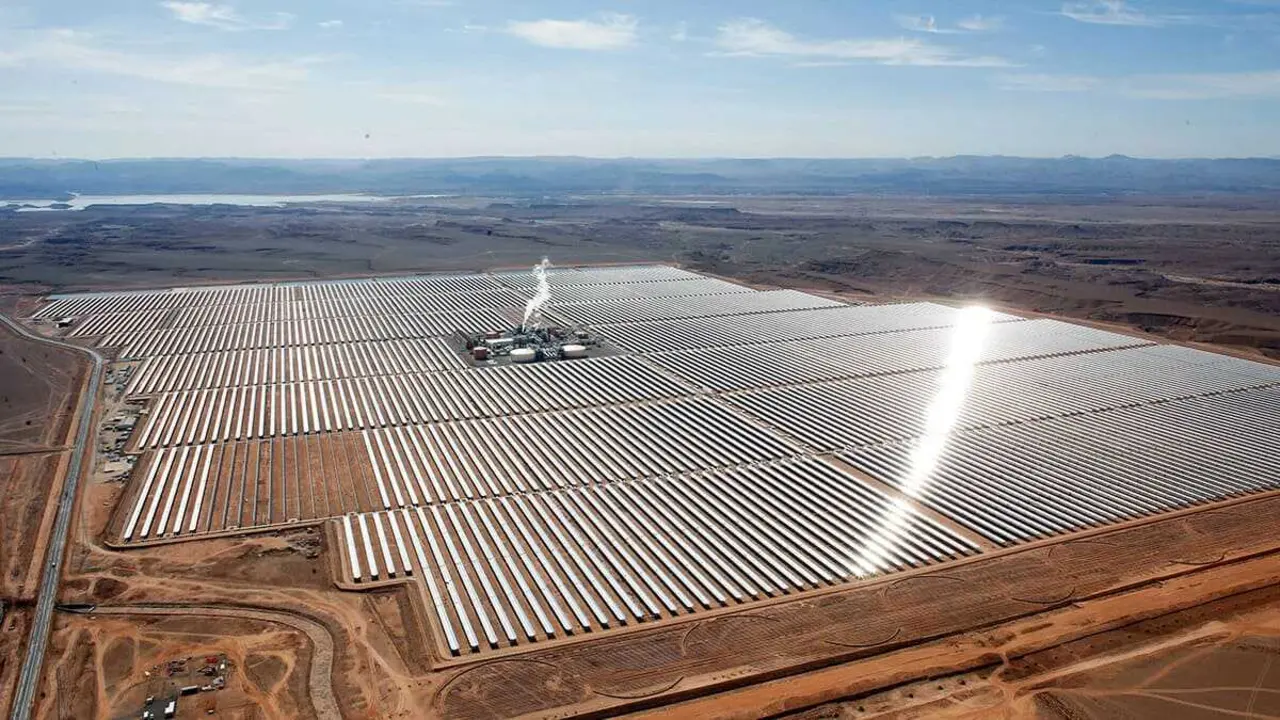Ignacio Galán, chosen by Time as one of the world's leaders in the fight against climate change

Ignacio Galán, Chairman of Iberdrola, has been chosen by Time magazine as one of the world's most innovative leaders in the fight against climate change. To compile the Time100 Climate ranking, the US publication has evaluated a multitude of factors, such as actions to curb climate problems, the results of its measures and its influence.
Under the leadership of Ignacio Galán, Iberdrola is an example of anticipating the energy transition. In the last two decades, the company has invested 150 billion euros in the development of renewable energies and electricity grids, which has allowed it to be at the forefront of the energy revolution and offer a sustainable, competitive business model that creates value for society. This commitment to the planet has placed the company among the three largest electric utilities in the world in terms of capitalisation and has enabled it to lead the sector with its climate ambition.
Its firm commitment to renewables has led it to lead the sector with more than 41,000 MW of 'clean' power, while at the same time it has overseen the closure of its coal and fuel oil plants around the world, which had almost 7,500 MW of installed capacity.
Thanks to its commitment to the environment, Iberdrola's emissions are already 75% lower than those of its European peers and it aims to achieve carbon neutrality for Scopes 1 and 2 by 2030 and net zero emissions by 2040 for all its activity.
The company's direction, according to Galán, is to accelerate electrification by investing in renewable generation infrastructures, grids, storage and green hydrogen. Thus, with the development of clean energies, the worsening of the consequences of global warming on societies is avoided, energy self-sufficiency and security of supply are increased and new industrialisation and employment opportunities are generated. The energy company's commitment is reflected in its strategic plan from 2023 to 2025, which foresees additional investments of 47 billion euros, 27 billion dedicated to networks and another 17 billion to continue promoting the fight against climate change.
The full list is available at time.com/time100-climate.








